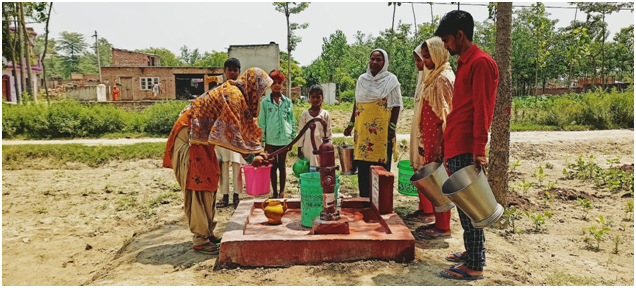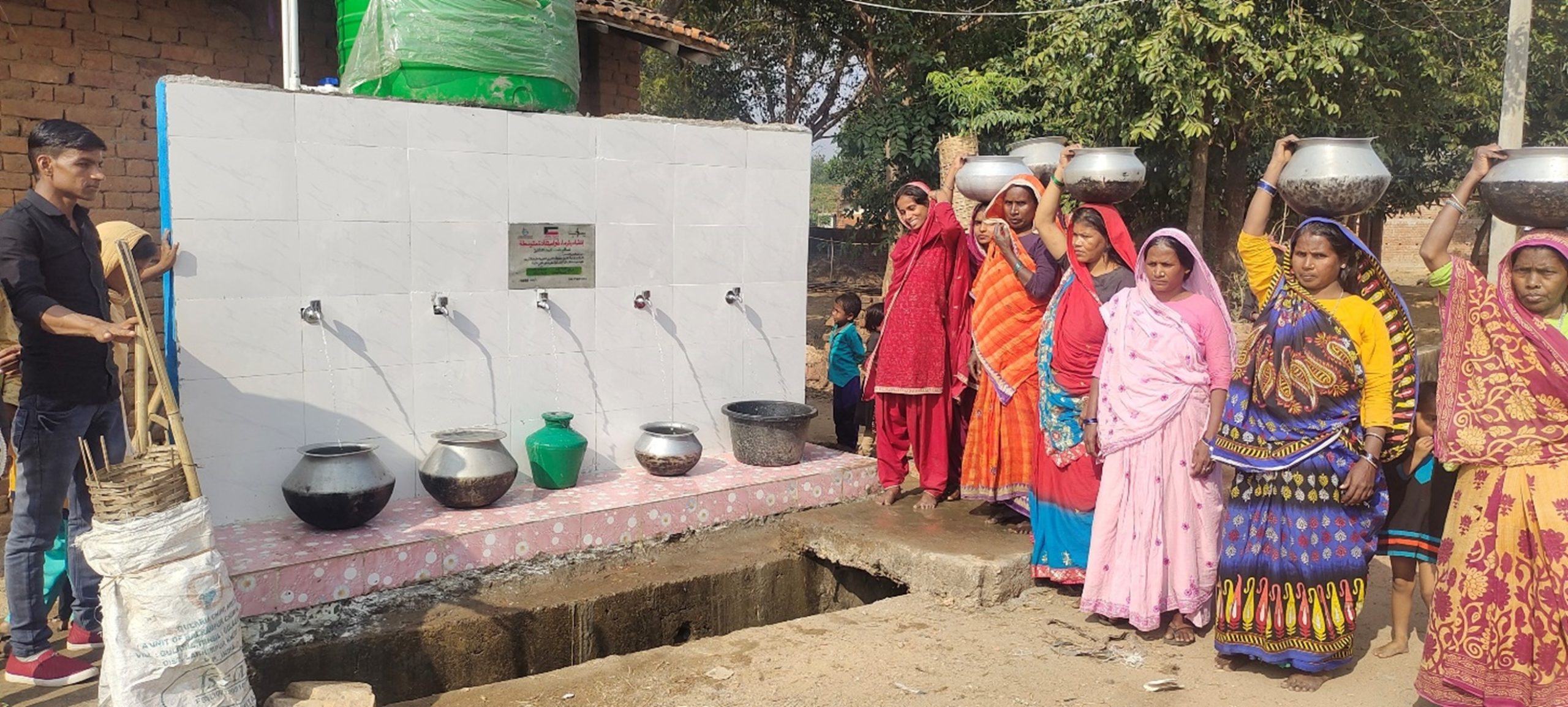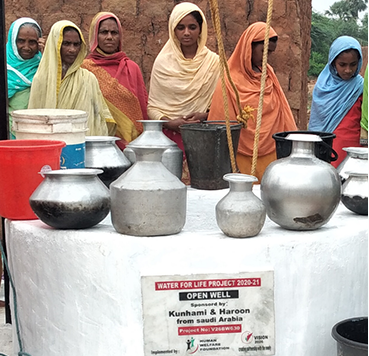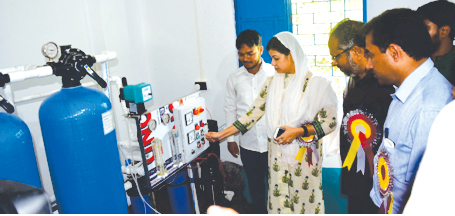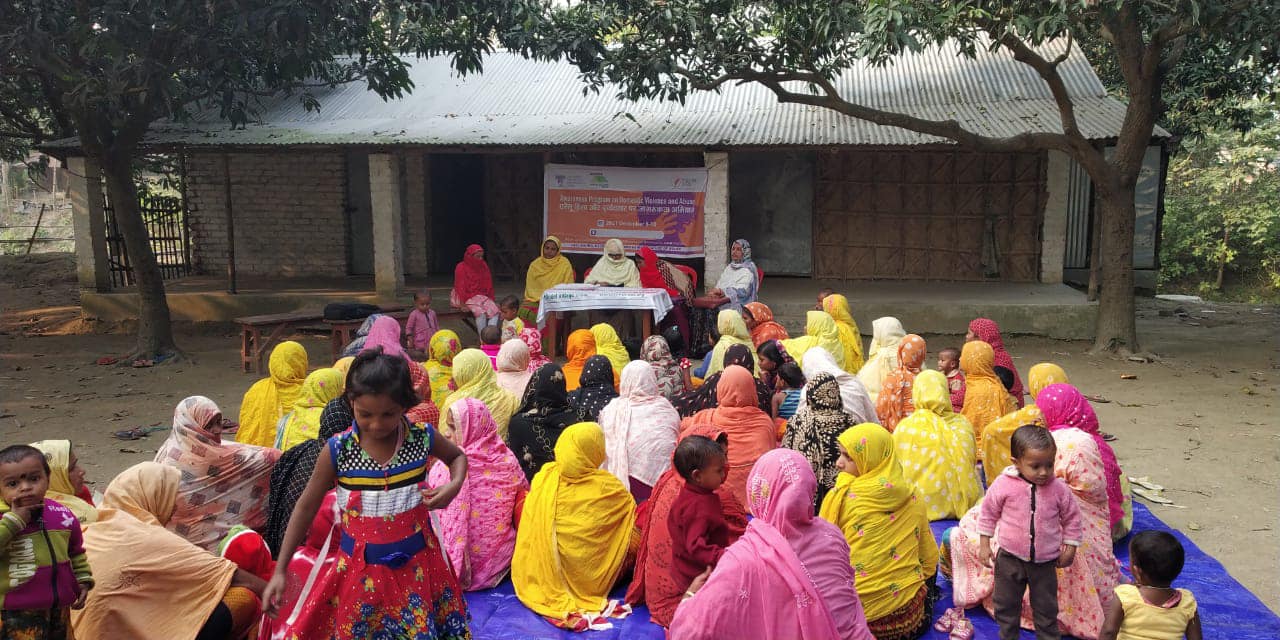Drinking Water
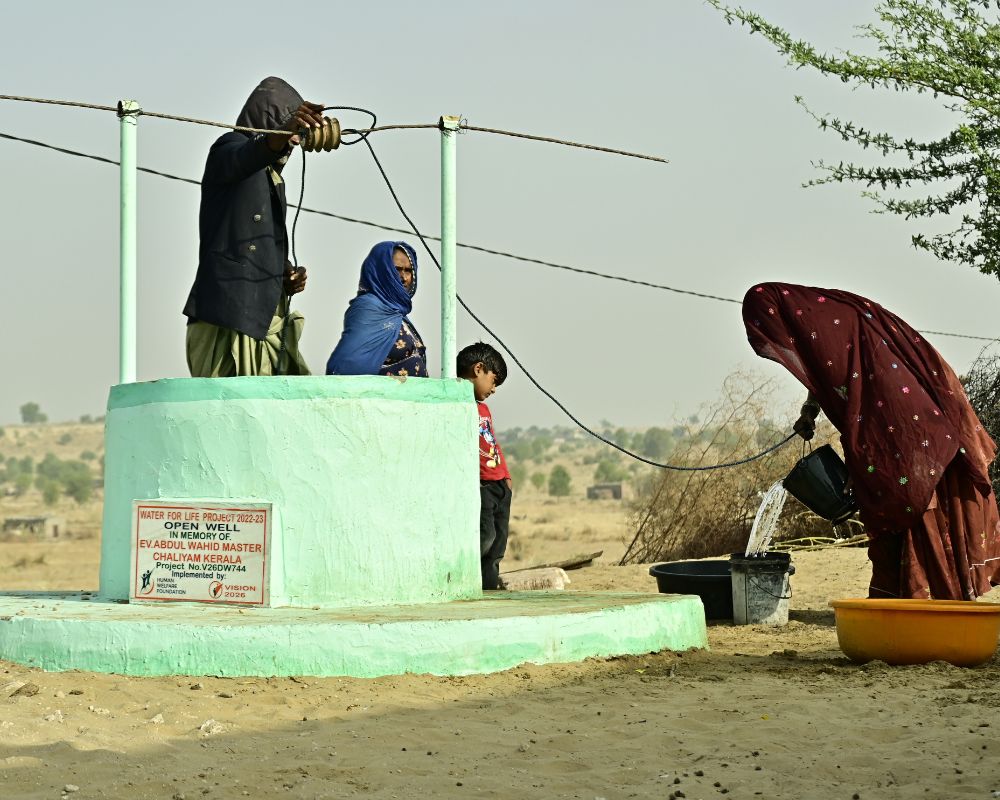
Unsafe water has been a persistent source of human suffering and adversity throughout history. In the context of India, this problem remains a stark reality, as millions of Indians wake up every day without access to clean and safe water sources. The repercussions of this ongoing water crisis are dire and affect people’s health, well-being, and overall quality of life.
The Human Welfare Foundation (HWF) is acutely aware of the gravity of the situation, and they have chosen to address this issue head-on. By focusing on the regions most affected by the water crisis, HWF has taken significant steps to provide people with access to clean and safe water sources. HWF’s commitment to improving the availability of clean water is not only a humanitarian endeavor but also a transformative one, as it directly impacts the lives of those they serve.
HWF’s drinking water projects are diverse and comprehensive, encompassing a range of solutions to ensure that clean water is accessible to those who need it most. These projects include open wells, bore wells with submersibles, hand pumps, water coolers, and reverse osmosis plants. By implementing these various solutions, HWF aims to cater to the specific needs and conditions of the communities they serve.
The impact of HWF’s work extends across nine North Indian states, including Uttar Pradesh, Bihar, Haryana, Jharkhand, West Bengal, Rajasthan, Delhi, Himachal Pradesh, and Assam. This widespread outreach reflects HWF’s commitment to reaching as many individuals and communities as possible, making a significant difference in their lives.
A noteworthy example of their impact is showcased in the transformation of the lives of desert settlers in Barmer, Rajasthan. Check out to explore a comprehensive report that details how HWF’s water projects have not only provided access to clean water but have also improved the living conditions and overall well-being of the people in this arid region.
